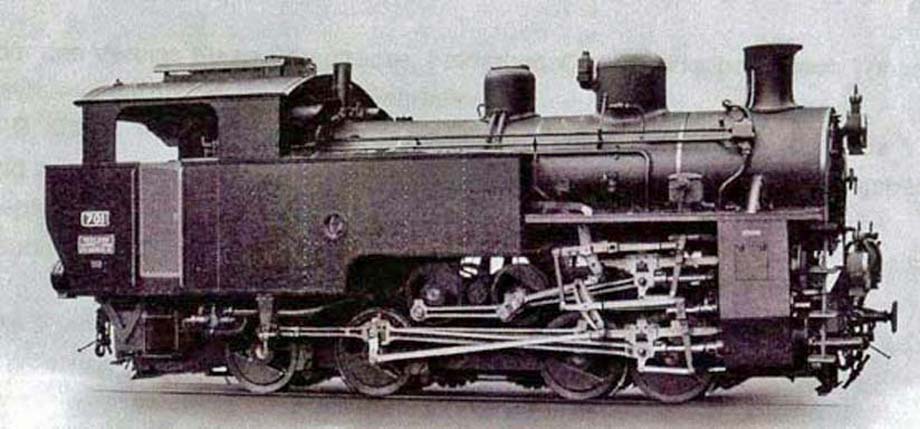Da Lat Vietnam - Four Swiss vintage locomotives may soon come home from rusting exile in the Vietnamese jungle to add a touch of nostalgia to the Alps.
The steam powered engines are meant to thrill railway buffs on a line to be reopened next summer over the Furka Pass linking the Uri canton with the Valais canton at an altitude of 2,431 metres (8,022 feet).
Editor's Note: 2,431 metres (actually 7,976 feet not 8,022 feet) is the summit of the Furkastrasse (Furka road).
The highest point on the Dampfbahn Furka-Bergstrecke (DFB) is 2,163 metres (7,097 feet) at the east portal of the Summit Tunnel.
Negotiations over the repurchase of the antiques on wheels are nearing conclusion in Vietnam.
An executive of the Oberwald based Dampfbahn Furka-Bergstrecke (DFB) has left for Vietnam to complete the deal, said a spokesman for the company.
The four engines were built in 1913 and made the trips over the Furka Pass until 1947.
They were then sold, along with nine others, to Vietnam for use on the Krong Pha-Da Lat railroad, said DFB press chief Beat Schweizer.
Editor's Note: That count of four and nine locomotives doesn't coincide with other reports which indicate a total of seven engines were sent to Vietnam.
Built by the French in the 1920's, the railroad ascended from a jungle and tropical region to the highlands in the South of the country.
During the Vietnam war it was a repeated target of attacks.
It was closed at the end of the war in 1976.
The 13 locomotives were abandoned to rust and dilapidation, some of them in the open, others in sheds, Schweizer said.
He said a DFB specialist who inspected them two years ago said that four of them would still be usable after some repairs, and three others could still be exploited for spare parts.
The findings gave a boost to plans to reopen at least part of the scenic railroad over the Furka Pass which had been out of operation since 1981.
Railway enthusiasts joined experts to work for free on cars, tracks, and switches to allow an early resumption of traffic.
Schweizer said 852 people turned in 5,610 unpaid workdays last year.
Author unknown.
(likely no image with original article)
(usually because it's been seen before)
(the image is altered or fake)
provisions in Section 29 of the
Canadian Copyright Modernization Act.



